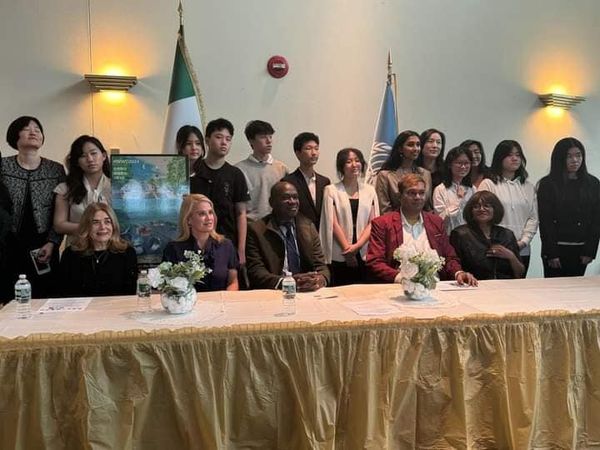Zambia Advocates for AI in Addressing Food Security Amidst Drought
Zambia’s Permanent Secretary for Information and Media, Thabo Kawana, delivered a compelling statement at the 68th Session of the Commission on the Status of Women (CSW68) held in New York, highlighting the pivotal role of Artificial Intelligence (AI) in revolutionizing food systems and alleviating poverty within the country.
Acknowledging AI as a potent tool, Kawana emphasized its potential in transforming food systems to create a safer, more nutritious, and resilient ecosystem benefiting all citizens.
However, he also highlighted the challenges and limitations that developing countries like Zambia face, including limited infrastructure, technological literacy, and concerns regarding job displacement and data bias.
Amidst Zambia’s current predicament of a prolonged dry spell leading to drought, Kawana stressed the importance of integrating AI into early warning systems and climate adaptation approaches.
He elaborated on how AI could analyze weather data, satellite imagery, and economic indicators to predict food shortages and facilitate timely interventions. Additionally, AI could aid in hydrological surveys to identify underground aquifers and assist farmers in adapting to changing weather patterns.
Kawana called for collaborative efforts and increased investments in AI for developing countries, seeking support from cooperating partners to bolster Zambia’s capabilities in leveraging AI for sustainable development.
He underscored the significance of such investments in securing the future wealth of nations and strengthening participation in global value chains.
The announcement resonates with Zambia’s commitment to harnessing technological advancements to address critical challenges and underscores the proactive stance of the UPND New Dawn Government in supporting innovative solutions for national development.



